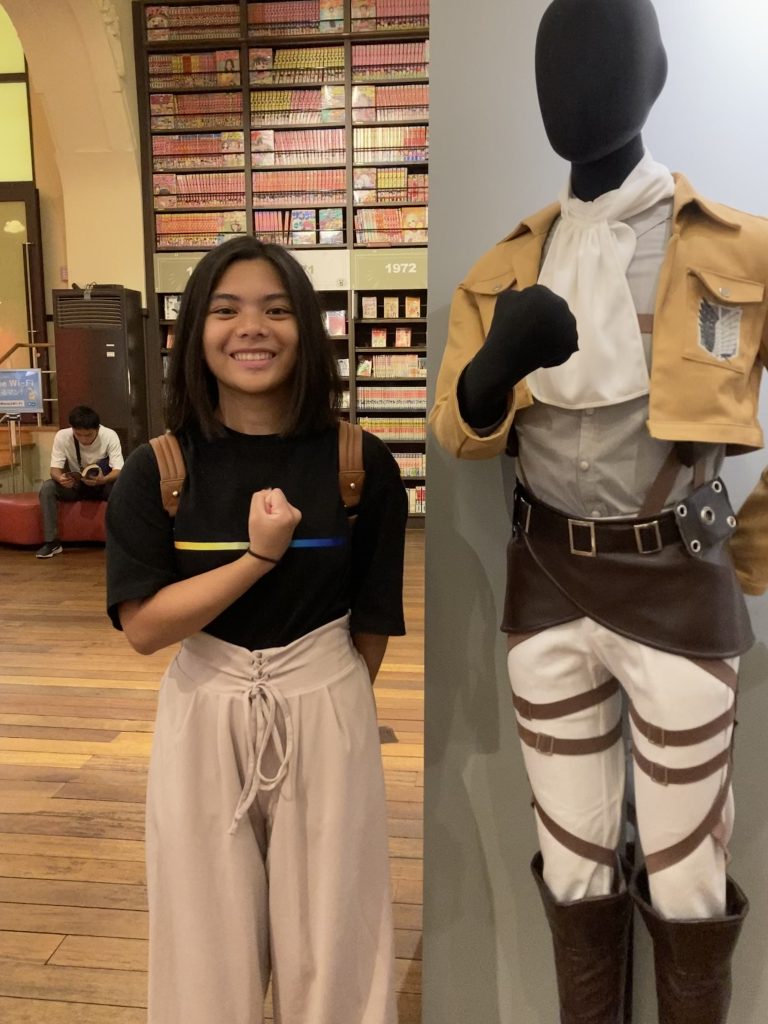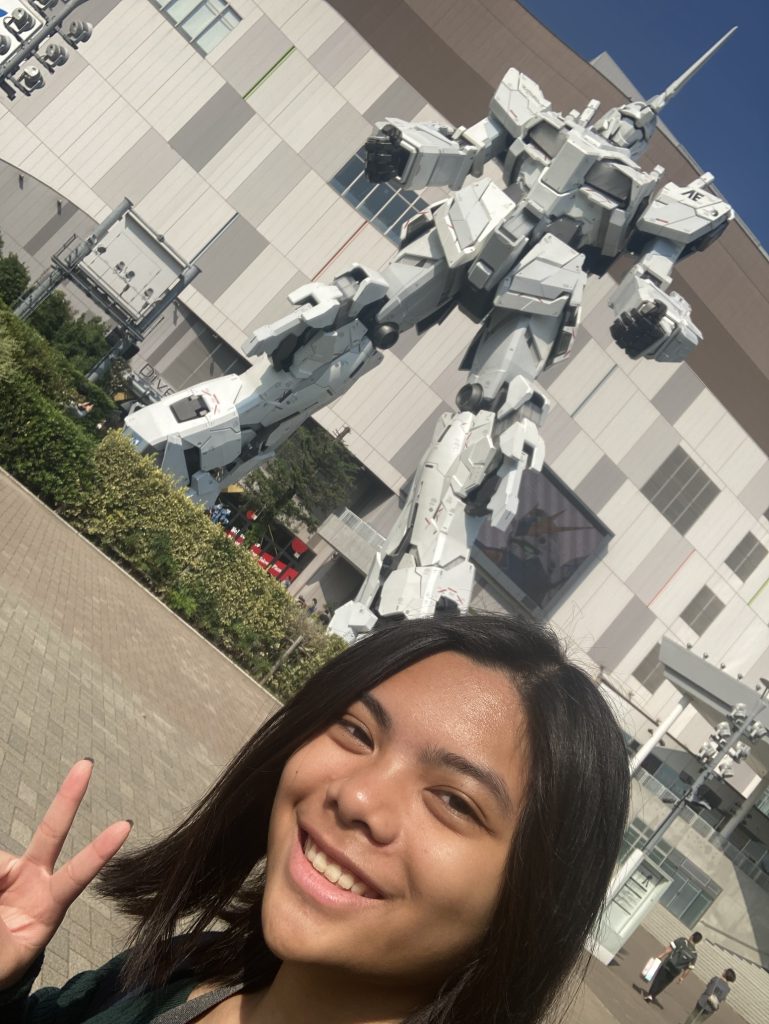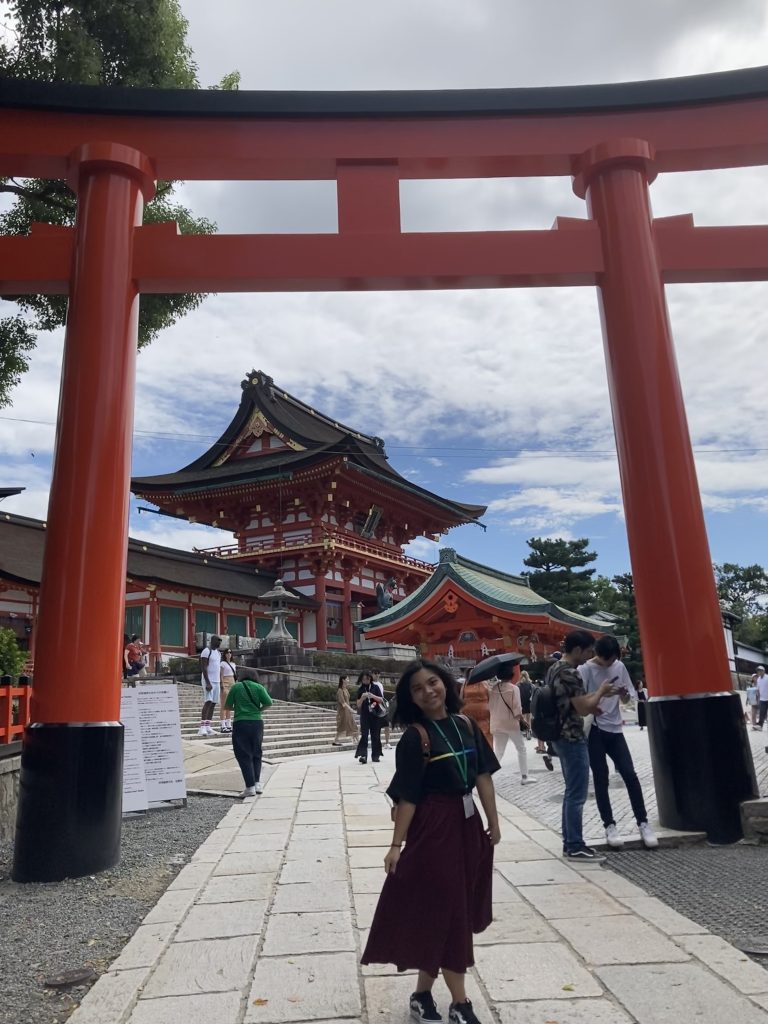In Japan there are many social rules that should be followed and as a study abroad student, I would not have known unless I researched or Japanese people told me. Most of these rules are made to not bother other people around such as staying quiet in public areas and even sometimes in private areas, not eating and walking especially in tourist areas, and staying on certain sides of a walkway. Although these rules are not definitive, they are almost always followed. This may come from the fact that Japan is a collectivist society. People here also tend to stay in their own spaces.
I find these observations quite interesting as you do not see this behavior in the same way Americans act for the same goal. As stated before, these societal rules are made to not be a bother to others. In Japan, being a bother is by being loud, getting in other people’s spaces, and being outspoken. In America, being a bother can be seen by not pulling your own weight, not adding to conversation, or not having an opinion. It seems as though Japan values harmony whereas America values directness.
My Japanese friends have said similar things to this. They mention how they view Americans to be louder and friendlier compared to Japanese people. They sometimes feel as though other people will judge them for doing something viewed as informal. Honne and tatemae are different behaviors people have depending on the environment. Honne is what a person’s true feelings are whereas tatemae are the actions and opinions people have in public. This is used so that people generally get along and there are no confrontations which leads to efficiency. Some may view these social roles to be good since Japan is a very stressful society especially through work and school. Having people follow small and easy rules to follow can go a long way for people who are stressed every day. However, some may view these rules as unnecessary as having to have the mask of tatemae all day may be tiring and could potentially create a barrier between people in order to stay cordial. Many of my friends like how Americans can act more open to each other and in public. People tend to follow the rules for respect of older people.
This exercise helped me understand that there are many differences in the world yet explanations for them are understandable in different perspectives. There is no right culture but rather each culture has different values that are seen in many levels of society. Although viewing different cultures from and American perspective helps with seeing differences in culture and distinguishing them, staying in the American view still others different cultures. This exercise helps me empathize with cultures by viewing these differences through their perspectives rather than my own. When working with people from other cultures it is imperative to keep an open mind and understand their view in order to understand their thought process and get along.




